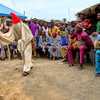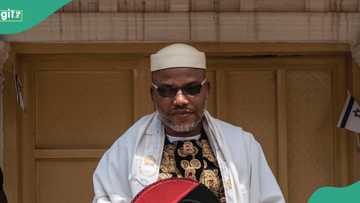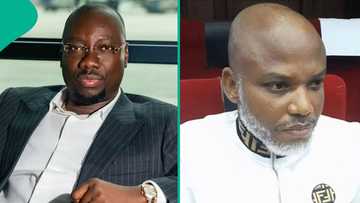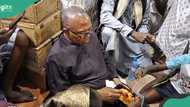
Igbos in Nigeria
The Igbo are a prominent ethnic group primarily found in the southeastern part of Nigeria. They made up a significant portion of the country’s population and speak the Igbo language. They are one of the three major ethnic groups in Nigeria, alongside the Hausa and Yoruba.
They are found in states like Abia, Anambra, Ebonyi, Enugu, and Imo. They have diverse dialects and a unique history, including a notable role in the Biafran War.
They are known for their rich cultural heritage, entrepreneurial spirit, and strong emphasis on education, trade, and innovation.
Cultural and Social Structure
- Language: Speak the Igbo language, with several dialects.
- Family Structure: Highly communal and family-oriented society. The extended family system is central, with strong kinship ties. Children are considered a blessing and a legacy; raising and educating them is a shared responsibility.
- Religion: A mix of Christianity (dominant), traditional beliefs, and a growing Muslim minority. Religious festivals like the New Yam Festival and traditional rites remain vital.
Career and Contributions
Entrepreneurship:
Renowned for commerce and trade, they dominate markets across Nigeria and West Africa. Many Igbo businessmen have built empires in transportation, import/export, and manufacturing.
Education and Professions:
- Strong presence in medicine, engineering, law, and academia.
- Produce some of Nigeria’s top professionals locally and in the diaspora.
Politics and Leadership:
Active participation in national politics. Their notable leaders include Nnamdi Azikiwe, Chukwuemeka Odumegwu Ojukwu, and Alex Ekwueme, etc.
Arts and Entertainment:
Dominant in Nollywood, music, fashion, and literature.
Internationally recognised talents like Chimamanda Ngozi Adichie and Pete Edochie are of Igbo descent.
















